The Impact of Wigmore Trading on the Distribution of Synthetic Rubber in Nigeria
The Impact of Wigmore Trading on the Distribution of Synthetic Rubber in Nigeria
Rubber has long been a crucial component in various industries, but the distribution of synthetic rubber in Nigeria has seen significant changes thanks to Wigmore Trading. With their innovative strategies and commitment to quality, Wigmore Trading is reshaping the landscape of synthetic rubber distribution in Nigeria. In this blog post, we will explore the impact of Wigmore Trading on this industry and how they are revolutionizing the way businesses access and utilize synthetic rubber.
Introduction to Wigmore Trading and Synthetic Rubber
Introduction to Wigmore Trading and Synthetic Rubber
Wigmore Trading is a leading trading company in Nigeria, specializing in the distribution of synthetic rubber. The company was established in 2004 and has since then grown to become a major player in the Nigerian rubber industry.
Synthetic rubber, also known as artificial rubber or elastomer, is a man-made polymer material that mimics the properties of natural rubber. It is produced through various chemical processes using different types of raw materials such as petroleum-based hydrocarbons, coal, oil, and natural gas. Synthetic rubber has a wide range of applications across various industries including automotive, construction, healthcare, and consumer goods.
The demand for synthetic rubber in Nigeria has been steadily increasing over the years due to its many advantages over natural rubber. These include superior strength and durability, resistance to heat and chemicals, and consistent quality. As such, it has become an essential component in the manufacturing process for many products.
Wigmore Trading recognized this growing demand for synthetic rubber and saw an opportunity to bridge the gap between manufacturers and suppliers by providing high-quality products at competitive prices. The company sources its synthetic rubber from reputable international manufacturers with proven track records of delivering top-notch products.
One of Wigmore Trading’s key strengths lies in their extensive distribution network which covers all regions of Nigeria. This allows them to efficiently deliver their products to customers across the country while maintaining high standards of quality control. This strategic advantage has made them a preferred supplier among local manufacturers who rely on timely deliveries to keep their production lines running smoothly.
In addition to their strong distribution network, Wigmore Trading also offers excellent customer service. They have a team of highly trained professionals who are knowledgeable about synthetic rubber products and can provide technical support when needed. This level of expertise ensures that customers receive personalized solutions tailored to their specific needs.
Moreover, Wigmore Trading places great emphasis on sustainability by promoting environmentally-friendly practices throughout their supply chain. The company ensures that their synthetic rubber products are sourced ethically and produced using sustainable methods, making them a responsible choice for manufacturers.
Wigmore Trading has made a significant impact on the distribution of synthetic rubber in Nigeria by providing high-quality products and exceptional customer service. Their commitment to sustainability and their strong distribution network make them a reliable partner for local manufacturers looking to source synthetic rubber.
Background of Synthetic Rubber in Nigeria
Synthetic rubber, also known as artificial rubber, is a type of polymer that is made from various petroleum-based chemicals. It was first developed in the early 20th century as an alternative to natural rubber, which was predominantly produced and exported by countries in Southeast Asia such as Malaysia and Indonesia. However, with the onset of World War II in the 1940s, access to natural rubber became limited for many countries around the world.
It was during this time that Nigeria began its journey towards becoming a major player in the global synthetic rubber industry. With an abundance of oil reserves and a growing demand for industrial materials, it was a natural decision for the Nigerian government to invest heavily in the production of synthetic rubber.
In 1956, the Nigerian government established The Nigerian Synthetic Rubber Company (NSRC) with support from international partners such as British Petroleum and Shell Petroleum Development Company. This marked a significant milestone for Nigeria as it became one of the first African countries to produce synthetic rubber on a large scale.
The NSRC focused primarily on producing styrene-butadiene rubbers (SBR), which are commonly used in tire manufacturing due to their high abrasion resistance and good adhesion properties. The company’s location in Port Harcourt provided easy access to raw materials such as butadiene and styrene monomers from nearby refineries.
However, despite initial success, production at NSRC faced several challenges including inadequate infrastructure and lack of skilled labor. As a result, production levels were inconsistent and unable to meet local demand. Furthermore, political instability and economic downturns hindered investments and expansion plans for NSRC.
With increasing competition from other global players in the synthetic rubber market, Nigeria needed a strategic partner who could not only provide technical expertise but also help overcome logistical challenges. This led to Wigmore Trading’s entry into Nigeria’s synthetic rubber industry.
Wigmore Trading is one of Africa’s leading suppliers of industrial chemicals and raw materials. With over 35 years of experience in the industry, they have a vast network of suppliers and customers around the world. Through their collaboration with NSRC, Wigmore Trading was able to provide technical support and source high-quality raw materials for synthetic rubber production.
Today, Nigeria’s synthetic rubber industry continues to grow with Wigmore Trading’s partnership. NSRC has expanded its product range to include other types of synthetic rubbers such as nitrile butadiene rubber (NBR) and polybutadiene rubber (PBR). This has not only met local demand but also positioned Nigeria as a major exporter of synthetic rubber in Africa.
The Role of Wigmore Trading in the Distribution of Synthetic Rubber
Wigmore Trading, a leading distributor of chemical and industrial products in Nigeria, plays a significant role in the distribution of synthetic rubber in the country. Synthetic rubber is a vital component used in the manufacturing of various products such as tires, hoses, belts, gaskets, and many more. It is made from petroleum-based chemicals and is an essential alternative to natural rubber.
One of the primary reasons for Wigmore Trading’s success in distributing synthetic rubber can be attributed to their extensive network and strong partnerships with global suppliers. The company has established long-term relationships with some of the world’s largest synthetic rubber manufacturers, allowing them to source high-quality materials at competitive prices.
Wigmore Trading also invests heavily in technology and innovation to ensure that they are always up-to-date with industry trends and demands. They have modern warehouses equipped with state-of-the-art storage facilities that adhere to strict safety protocols for storing synthetic rubber products. This enables them to maintain the integrity and quality of their products until they are ready for distribution.
Moreover, Wigmore Trading has a highly efficient logistics system that ensures timely delivery of synthetic rubber across all regions in Nigeria. They have a fleet of well-maintained vehicles operated by trained professionals who follow strict safety procedures while transporting these chemical materials. This not only ensures prompt delivery but also minimizes any risk or damage during transit.
In addition to their strong distribution capabilities, Wigmore Trading also provides technical support and after-sales services to their clients. This includes assistance with product selection, proper handling techniques, and troubleshooting any issues that may arise during usage. This level of support helps build trust with their customers and establishes Wigmore Trading as a reliable partner for all their synthetic rubber needs.
Furthermore, Wigmore Trading regularly conducts market research to stay updated on changing customer preferences and market dynamics. This allows them to stock the latest types of synthetic rubbers demanded by different industries such as automotive, construction, healthcare, etc. They also offer customized solutions to meet the specific needs of their clients, further strengthening their position in the synthetic rubber distribution market.
Wigmore Trading’s significant role in the distribution of synthetic rubber in Nigeria can be attributed to their strong partnerships, investments in technology and innovation, efficient logistics system, technical support, and customer-centric approach. With their unwavering commitment to quality and customer satisfaction, Wigmore Trading continues to make a positive impact on the availability and accessibility of synthetic rubber in Nigeria.
Challenges Faced by Wigmore Trading in the Supply of Synthetic Rubber
The supply of synthetic rubber is crucial for the manufacturing industry in Nigeria, as it is a key component in the production of various goods such as tires, hoses, and belts. Wigmore Trading, one of the leading suppliers of synthetic rubber in Nigeria, plays a significant role in meeting this demand. However, like any other business operating in a developing country, Wigmore Trading faces several challenges in its operations.
One of the primary obstacles faced by Wigmore Trading is the inconsistent supply and quality of raw materials from manufacturers. The majority of synthetic rubber used in Nigeria is imported from countries such as China and India. This makes it susceptible to delays and disruptions caused by factors such as political instability, natural disasters, and changes in trade policies. As a result, there are times when Wigmore Trading struggles to fulfill orders on time due to delayed or inadequate shipments.
Additionally, the quality of synthetic rubber supplied by manufacturers can also be inconsistent at times. This poses a challenge for Wigmore Trading as they have to ensure that their customers receive high-quality products consistently. The company has established strict quality control measures to mitigate this issue; however, it still proves to be an ongoing challenge.
Another major challenge faced by Wigmore Trading is transportation logistics within Nigeria. With poor road infrastructure and frequent traffic congestion in major cities like Lagos and Abuja, delivering products on time can be difficult and costly for the company. This not only affects their ability to meet customer demands but also adds extra expenses to their operational costs.
Furthermore, fluctuations in currency exchange rates also pose a significant challenge for Wigmore Trading’s supply chain management. As most transactions are done using foreign currency due to importation of goods from overseas manufacturers, any sudden changes in exchange rates can greatly impact the cost of importing synthetic rubber. This creates uncertainty for the company’s budgeting process and may result in price fluctuations for their customers.
Lastly
Impact on Businesses and Consumers in Nigeria
The distribution of synthetic rubber in Nigeria has been greatly impacted by the presence of Wigmore Trading, a leading importer and distributor of rubber products in the country. This impact has not only affected businesses in the rubber industry, but also consumers who rely on these products for various purposes.
One major impact that Wigmore Trading has had on businesses in Nigeria is the increase in availability and variety of synthetic rubber. Prior to their entry into the market, local manufacturers and distributors struggled to meet the high demand for quality synthetic rubber products. With Wigmore Trading’s extensive network and expertise in importing, they have been able to provide a wide range of options for businesses to choose from. This has not only improved the quality of locally made products, but also increased competition which ultimately benefits both businesses and consumers.
In addition to increasing availability, Wigmore Trading has also helped reduce costs for businesses. By sourcing directly from international suppliers, they are able to negotiate better prices which are then passed on to local businesses. This has enabled them to compete with cheaper imports from other countries, making it more financially viable for them to operate and expand their operations.
Another significant impact that cannot be overlooked is Wigmore Trading’s role in promoting innovation within the industry. Through partnerships with international manufacturers, they have introduced newer and more advanced forms of synthetic rubber into the Nigerian market. This has prompted local companies to invest in research and development in order to keep up with these advancements and stay competitive.
On the consumer side, Wigmore Trading’s presence has resulted in an improvement in product quality. With access to higher grade materials at competitive prices, local manufacturers are now able produce better quality goods that meet international standards. As a result, consumers can now enjoy superior products without having to pay exorbitant prices or resorting to imported alternatives.
Moreover, Wigmore Trading’s efficient distribution system ensures that these high-quality products reach consumers across different regions of Nigeria without delay or additional costs. This has not only improved access to synthetic rubber products, but also helped boost the growth of small and medium-sized businesses in various parts of the country.
Wigmore Trading’s impact on the distribution of synthetic rubber in Nigeria has been remarkable. Their presence has brought about positive changes in the industry, benefiting both businesses and consumers alike. With their commitment to providing quality products at competitive prices, it is safe to say that they will continue to play a vital role in shaping the future of this sector in Nigeria.
Future Potential for Growth and Development
The synthetic rubber industry in Nigeria has seen significant growth and development over the past few years, thanks to companies like Wigmore Trading. This growth is expected to continue in the future, with even more potential for further expansion and advancement.
One of the key reasons for this potential is the increasing demand for synthetic rubber in various industries such as automotive, construction, and consumer goods. As economic activities continue to grow in Nigeria, so does the need for products that require synthetic rubber as a raw material. The country’s booming population also contributes to this demand, creating a large market for synthetic rubber-based products.
In addition, government initiatives and policies aimed at promoting industrialization and local production have also played a significant role in stimulating growth in the synthetic rubber industry. These efforts have created an enabling environment for businesses like Wigmore Trading to thrive and expand their operations, thereby contributing to the overall development of the sector.
Furthermore, advancements in technology have opened up new possibilities for innovation and improvement in the production of synthetic rubber. With research and development being a key focus area for many companies operating in this space, we can expect to see continuous improvements that will drive growth and efficiency within the industry.
Another factor that cannot be ignored when considering future potential is foreign investment. As more international players show interest in investing in Nigeria’s growing economy, it brings with it opportunities for partnerships and collaborations with local companies like Wigmore Trading. This can lead to knowledge sharing, access to new markets, and increased investments into research and development.
Moreover, with increasing awareness about sustainability practices globally, there is growing pressure on industries to adopt eco-friendly methods of production. Synthetic rubber manufacturers are continually looking for ways to reduce their carbon footprint by using renewable energy sources or implementing recycling processes. This not only aligns with global trends but also presents opportunities for cost savings and improved efficiency.
It is evident that there is immense potential for growth and development within Nigeria’s synthetic rubber industry. With a favorable business climate, increasing demand, technological advancements, and a focus on sustainability, companies like Wigmore Trading are well-positioned to continue making a significant impact in the distribution of synthetic rubber in Nigeria.
Conclusion: The Importance of Reliable Suppliers in the Distribution of Essential Materials
It is evident that the role of reliable suppliers in the distribution of essential materials cannot be underestimated. As demonstrated by the case of Wigmore Trading and their impact on the distribution of synthetic rubber in Nigeria, having a trustworthy supplier can greatly improve the efficiency and effectiveness of the entire supply chain.
One key lesson from this case study is that establishing strong partnerships with reliable suppliers can lead to long-term benefits for both parties involved. This was evident in the mutually beneficial relationship between Wigmore Trading and their suppliers, which resulted in consistent and timely deliveries of synthetic rubber to their customers.
Additionally, having a reliable supplier also ensures consistency in product quality. In the case of synthetic rubber, which is an essential material used in various industries such as automotive and construction, any variation or delay in supply can have significant consequences. With a dependable supplier like Wigmore Trading, businesses can rest assured that they will receive high-quality materials consistently, without any disruptions.
Moreover, reliable suppliers play a crucial role in mitigating risks associated with supply chain management. In today’s global market where natural disasters, political instability, and economic crises are common occurrences, having a trusted supplier like Wigmore Trading can help businesses navigate through these challenges successfully. The company’s ability to diversify its sourcing strategies and maintain strategic partnerships with multiple suppliers has enabled them to overcome potential disruptions and meet customer demands effectively.
Furthermore, it is worth noting that reliable suppliers not only provide materials but also offer valuable support services such as technical assistance and after-sales support. This adds value to their services and helps build stronger relationships with their clients.
Wigmore Trading’s impact on the distribution of synthetic rubber in Nigeria highlights the importance of having trustworthy suppliers for businesses operating within complex supply chains. From ensuring consistent product quality to mitigating risks and providing added support services – reliable suppliers are crucial for sustainable growth and success in today’s competitive market. Therefore, companies should carefully select their suppliers and foster strong partnerships to optimize their supply chain operations and stay ahead of the competition.


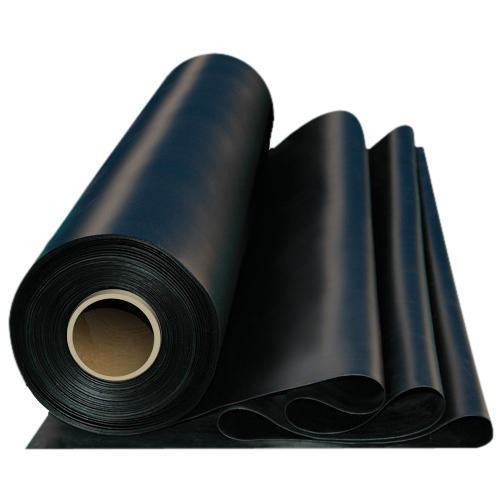
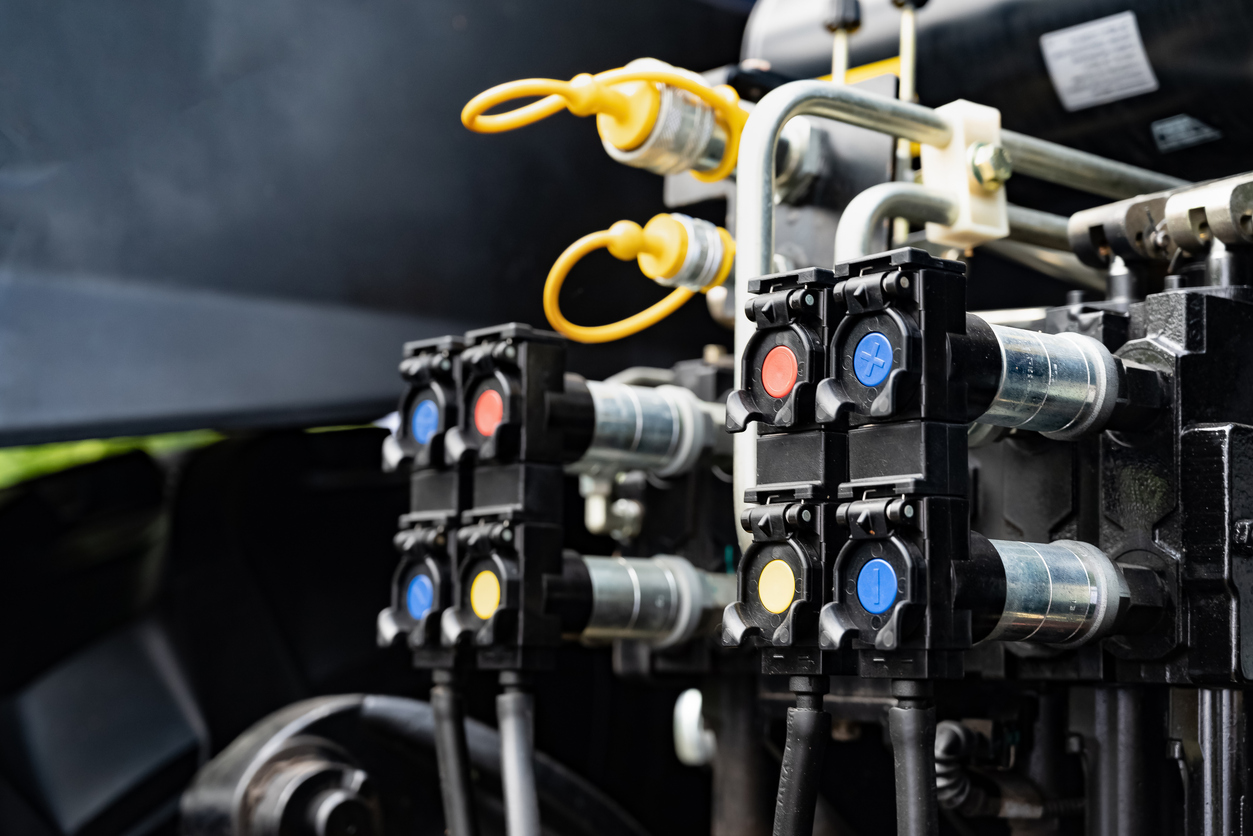
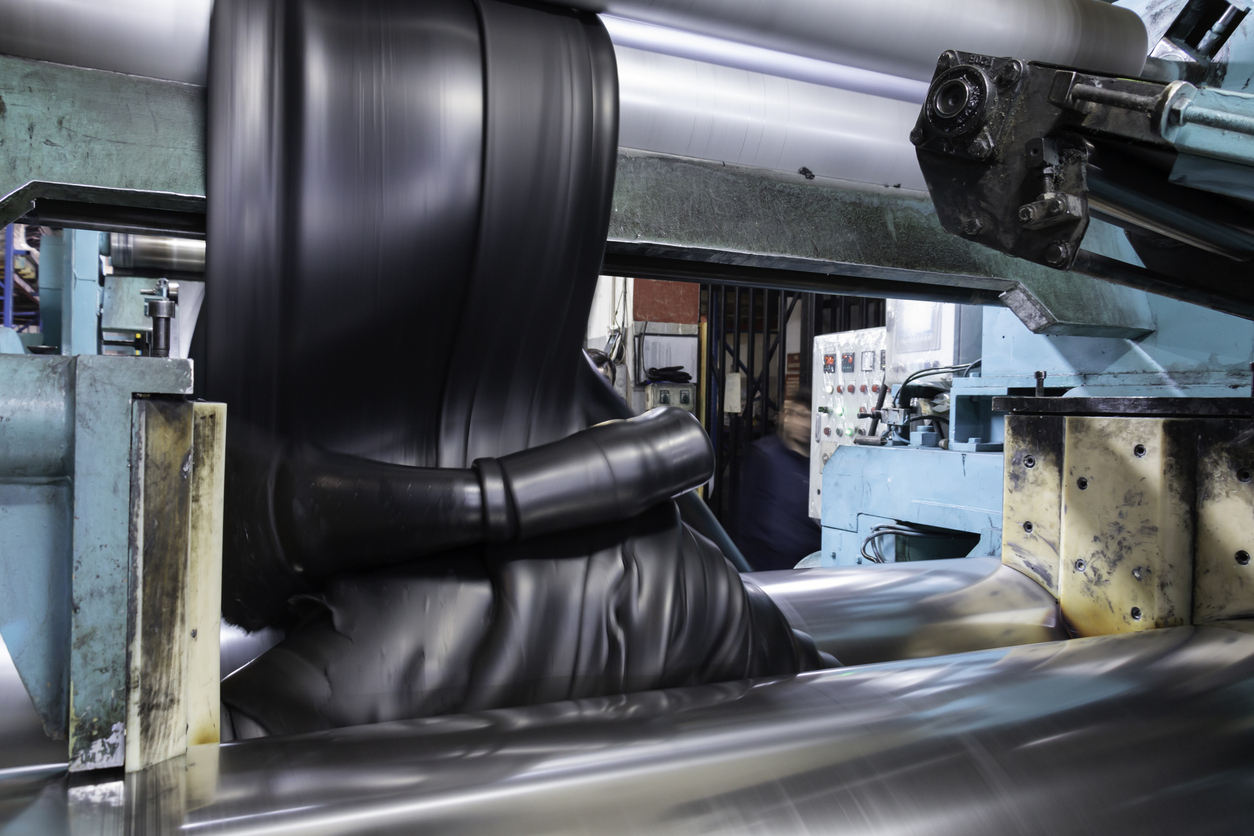
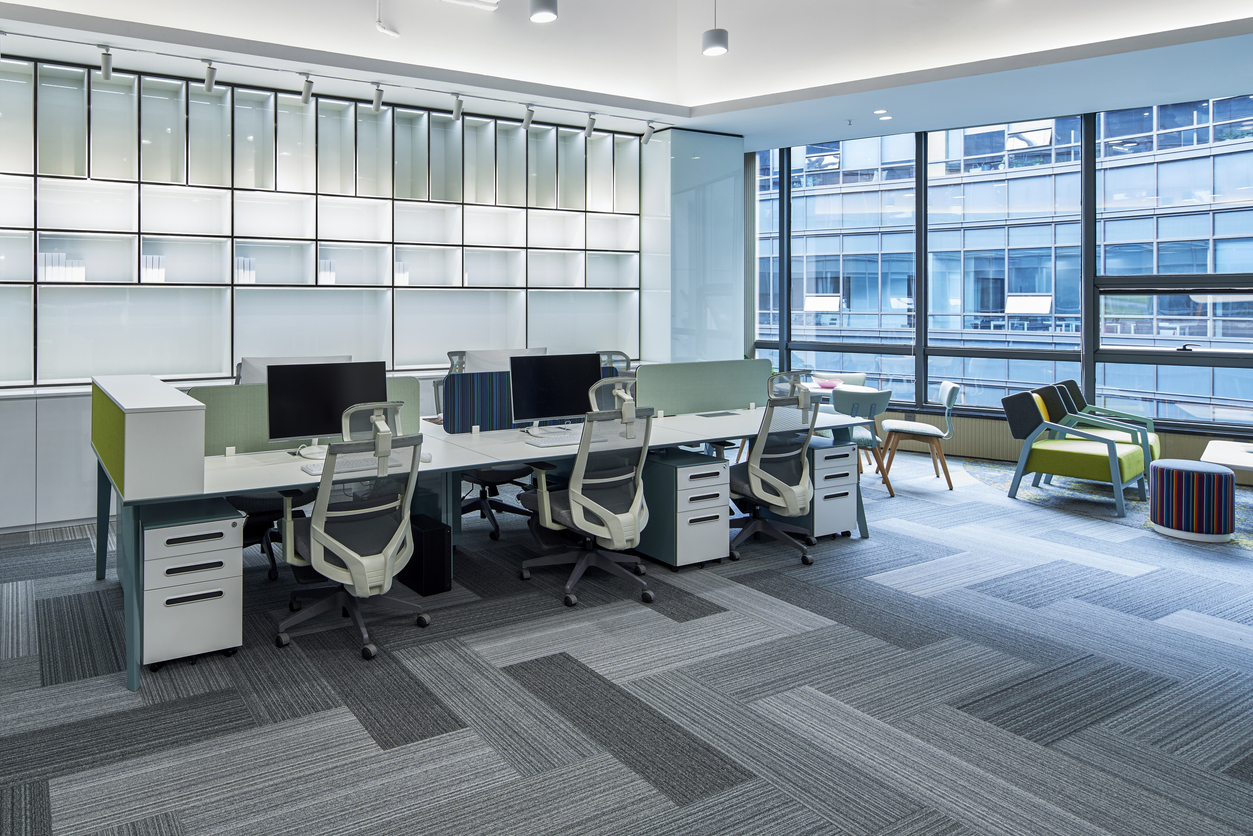

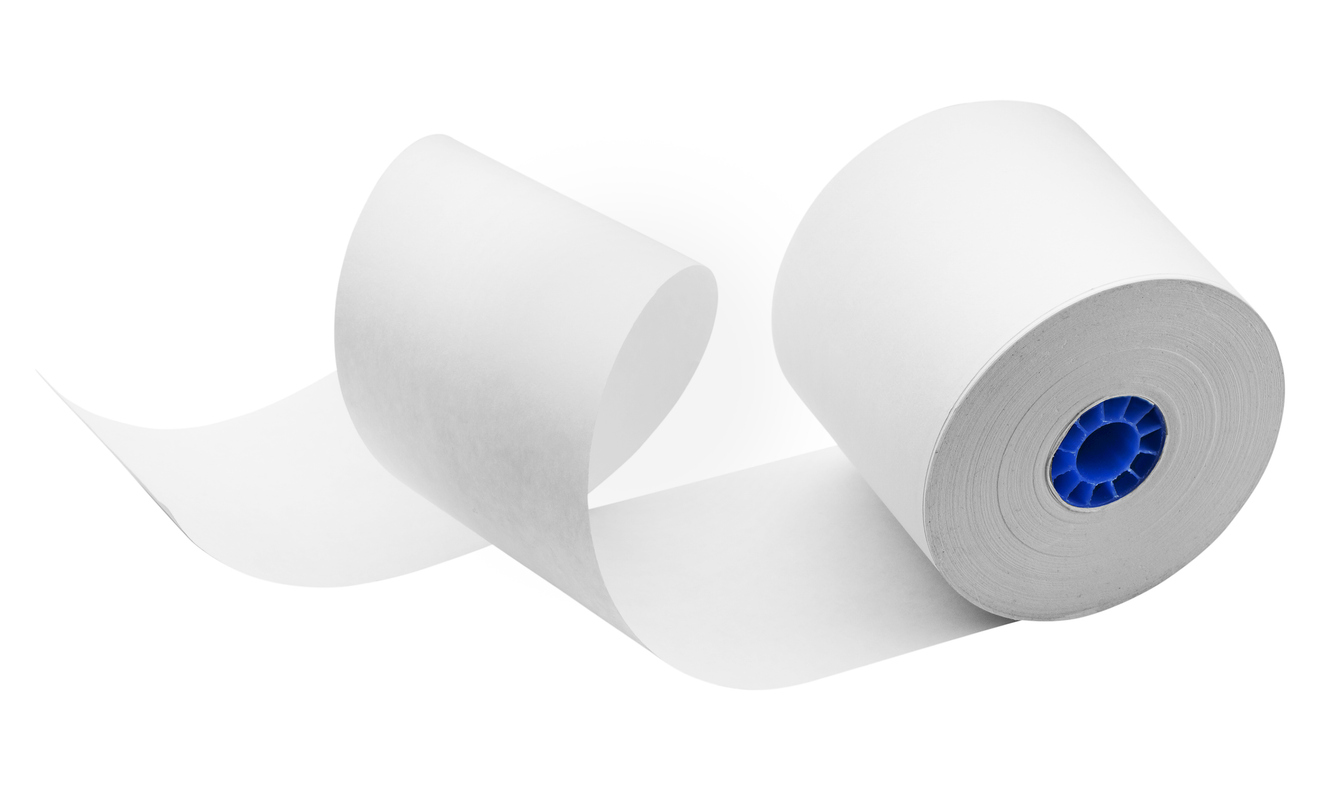
Comments are closed.